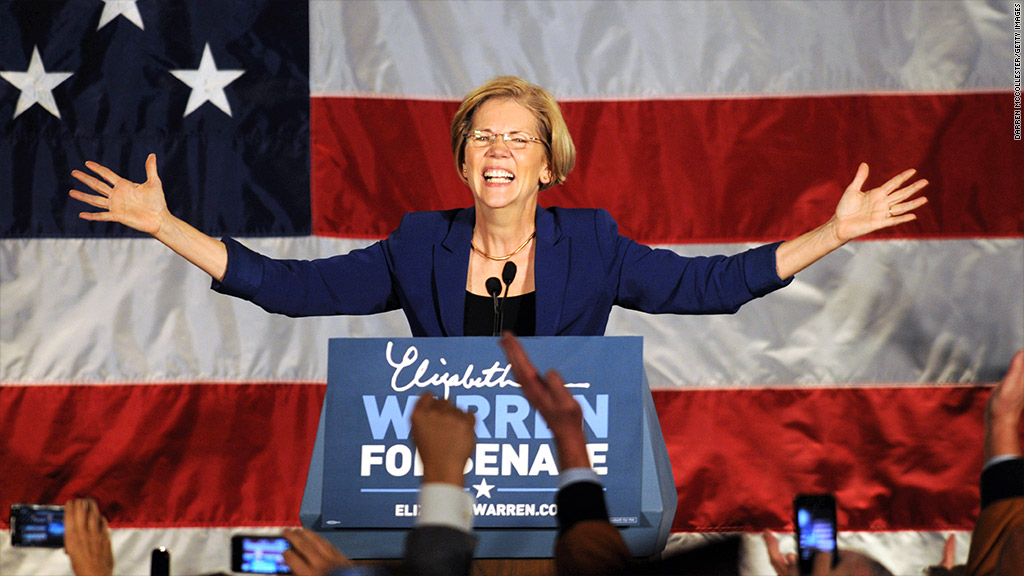
One thing's for sure on the day after the election: the 2010 law to reform Wall Street isn't going away.
Republican presidential candidate Mitt Romney had pledged to repeal the sweeping Dodd-Frank Act, the Democrats' response to big banks' risky behavior that led to the 2008 financial crisis. The law put curbs on banks' ability to make risky investments and introduced new rules safeguarding some complex financial bets that spurred the bailout of insurer American International Group (AIG).
It's unlikely that House Republican attempts to roll back the reforms -- efforts they've made since recapturing the chamber in 2011 -- will get anywhere. Besides a re-elected President Obama and his veto power, Democrats retain the Senate with the help of a major champion of Wall Street reform, Harvard University professor Elizabeth Warren.
"This puts to bed any notion that Dodd-Frank will be repealed, so then the question becomes: Are we going to make changes around the margins?" said Mark Calabria, an economist at the libertarian Cato Institute who used to work for Republicans on the Senate Banking panel.
Related: Why Wall Street hates Obama
All signs point to yes.
Sen. Mark Warner, a Virginia Democrat, said in an October speech at the Bipartisan Policy Center that "there's clearly a lot of additional work to be done."
While some Wall Street reforms, including the Consumer Financial Protection Bureau, are churning away, the law pushed to regulators a number of big decisions. They included how much cash banks should hold aside as capital cushions and stopping banks from making speculative bets, a provision named the Volcker rule after its chief proponent, former Federal Reserve chairman Paul Volcker.
The result is that regulators have struggled to agree on the more controversial measures. As of Nov. 1, regulators had missed 61% of their deadlines implementing parts of Dodd-Frank, according to the law firm Davis Polk.
For example, there's still disagreement among regulators about whether the Volcker rule should allow banks the ability to take on some risk when setting up big, market-making bets on behalf of clients.
That's a big deal for taxpayers, who would be on the hook if the Fed decides it's in the nation's interest to bail out a troubled bank whose risky bets arranged for a client go sour and threaten the financial system's stability.
But a big unknown is how a second-term Obama administration could change the tone at federal banking agencies.
All indications are that Treasury Secretary Tim Geithner will step down. Rumors have swirled that Securities and Exchange Commission chief Mary Schapiro could step down before her term ends in 2014. Commodity Futures Trading Commission chief Gary Gensler's term was up in April, although he can legally serve through 2013. And Fed chief Ben Bernanke's term is up in 2014.
Obama won office with little to no support from Wall Street, which could make him think twice before he considers candidates from that sector to run financial regulatory agencies this time around.
And the pressing deficit and budget concerns could make divert the Treasury Department's attention from anything else.
"If Obama goes with a budget person for Treasury Secretary, I think a lot of this financial regulation really starts to fall to the back burner," Calabria said.


